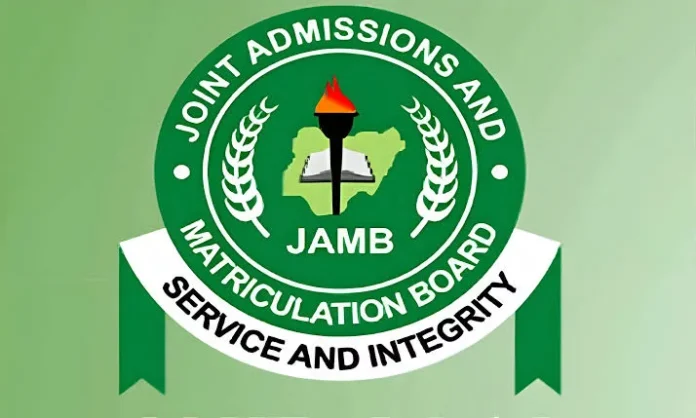Registrar of the Joint Admission and Matriculation Board (JAMB), Prof. Ishaq Oloyede, warned tertiary institutions, particularly universities, against admitting underaged students, emphasizing that such practices are illegal and must be halted.
Speaking at the seventh biennial conference of the Committee of Pro-Chancellors of State-Owned Universities in Nigeria, held in Lagos under the theme “Effective University Governance: Role of Stakeholders,” Oloyede underscored the importance of accountability, data protection, and national integrity in education.
He recounted a recent incident where a European country sought verification of a 15-year-old Nigerian student who had applied for a postgraduate course, questioning the plausibility of such admissions in Nigeria.

Oloyede stressed that irregular admissions, including those of underaged students and diploma holders, undermine the credibility of the education system.
Highlighting the role of state-owned universities, which outnumber federal institutions, Oloyede called for heightened responsibility to curb illegal admissions.
He expressed concern over the admission of thousands of diploma students from a single university last year, urging all stakeholders to uphold standards to safeguard the quality of education.
In support of Oloyede’s stance, Prof. Ibrahim Gambari, former Chief of Staff to the President, urged pro-chancellors to enhance their institutions’ competitiveness to attract top faculty, staff, and students.
He emphasized the need for state-owned universities to carve out distinctive niches that leverage their comparative advantages, thereby enhancing their visibility and reputation.
Sen. Joshua Lidani, Chairman of COPSUN and Pro-Chancellor of Gombe State University, echoed the conference’s focus on governance challenges within the university system. He identified issues such as corruption, inadequate funding, and disruptions caused by labor strikes, underscoring the urgent need for systemic reforms to restore stability and uphold educational standards.
While acknowledging the complexity of these issues, Lidani expressed optimism that the conference could galvanize stakeholders toward improving governance, enhancing educational standards, and addressing the systemic challenges facing Nigerian universities.




